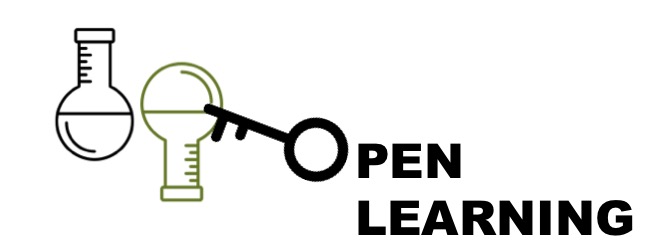Chemistry Beyond the Book: Open Learning and Activities in Non-Formal Environments to Inspire Passion and Curiosity

Published 2019-12-16
Keywords
- Open Learning,
- Chemistry,
- Society,
- Gamification,
- Science Festival
- Didactics,
- Interacting Teaching Approaches ...More
How to Cite
Abstract
Several scientific channels on TV, crowded scientific fairs, and many serious scientific board games on the market demonstrate that people is curious about science. However, when asked about the perception of scientific subjects, chemistry in the first place, general public still shows rejection toward “too complicated”, “abstract”, and “far from everyday life” topics. Unarguably, every chemist would not recognize chemistry as neither “abstract” nor “far from everyday life”: actually chemistry, the so-called central science, is all around us. Where is the gap to fill, then? Why are not we able to convert that innate curiosity, which makes people stepping out from their houses to join public engagement activities, into genuine, time-persistent, passion about chemistry? Such questions will be addressed herein, giving practical examples of possible approaches to address the problem. Special emphasis will be given to new learning means, generically referred as “Open Learning” ones, and interactive teaching approaches typical of non-formal environments, such as Science Festivals. Real examples of activities beyond the formal curricula of chemical study, some carried out by us in the framework of the “Diffusione della Cultura Chimica –
Società Chimica Italiana ” mission and vision, will be discussed underlining their role in enhancing learning and inspiring confidence and passion toward chemistry.




